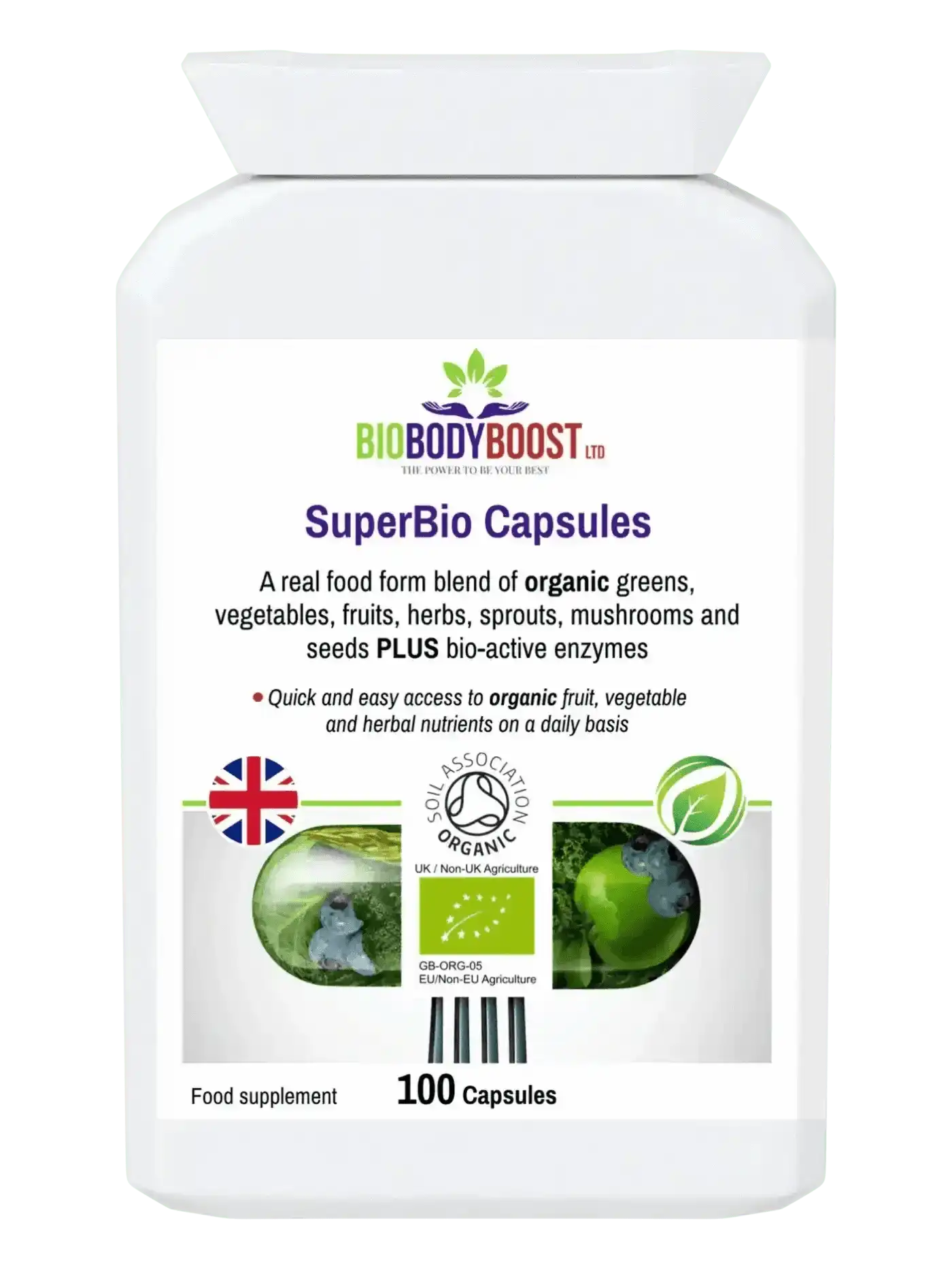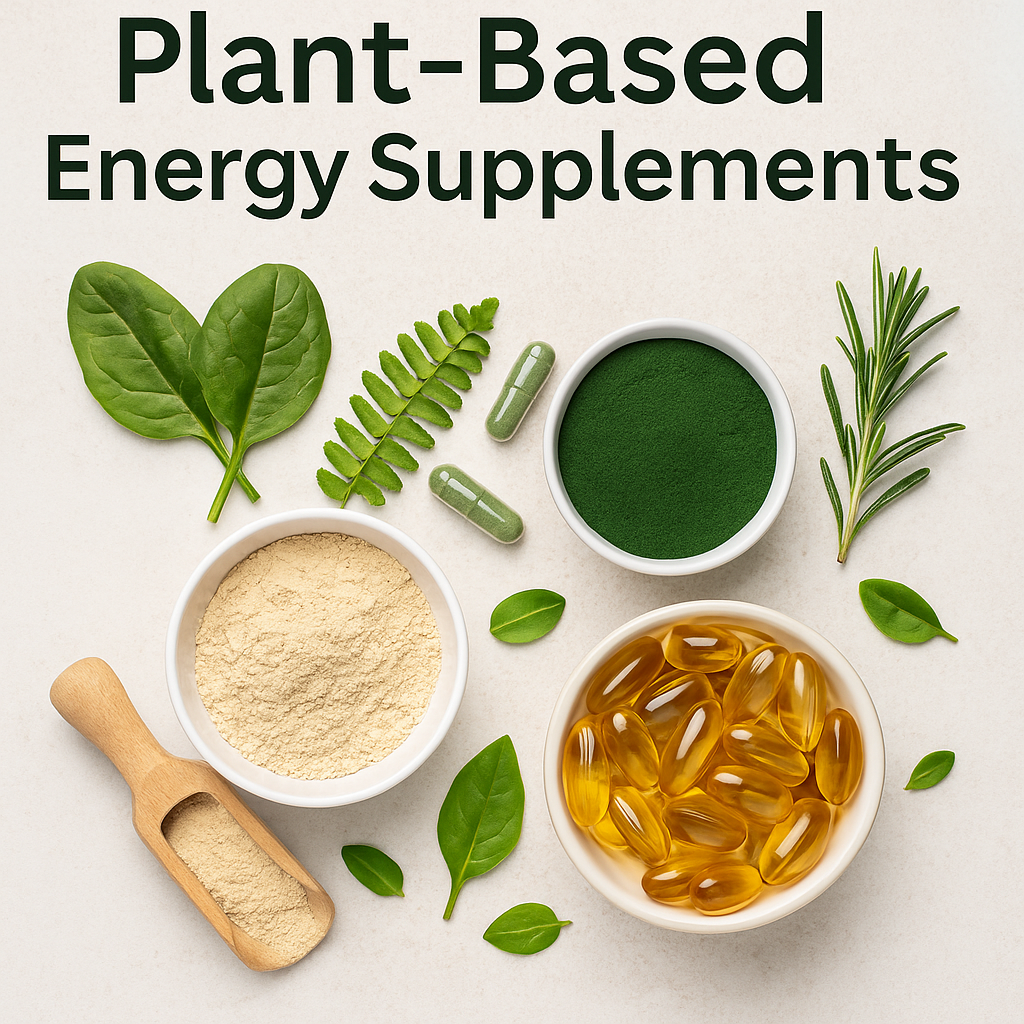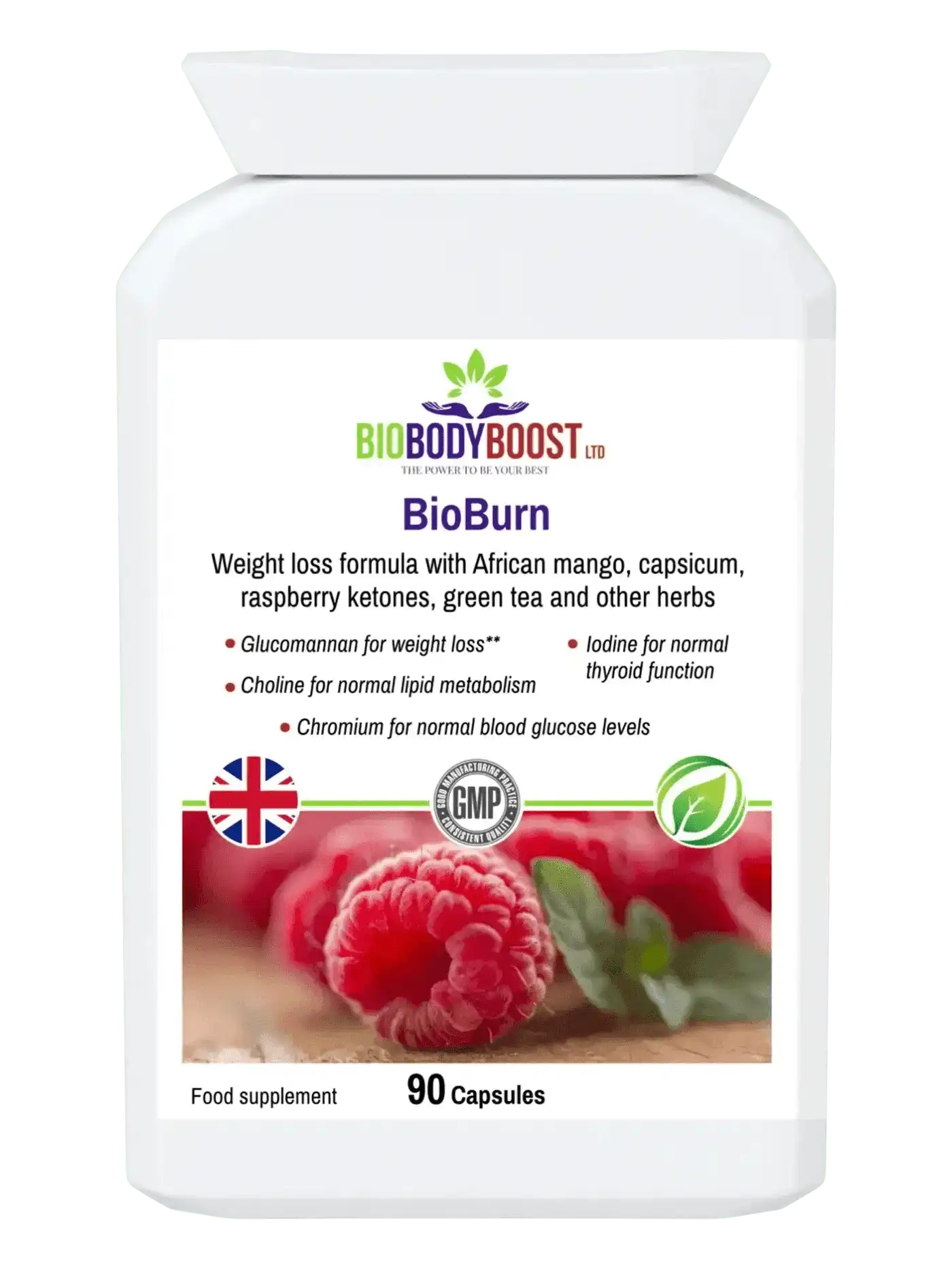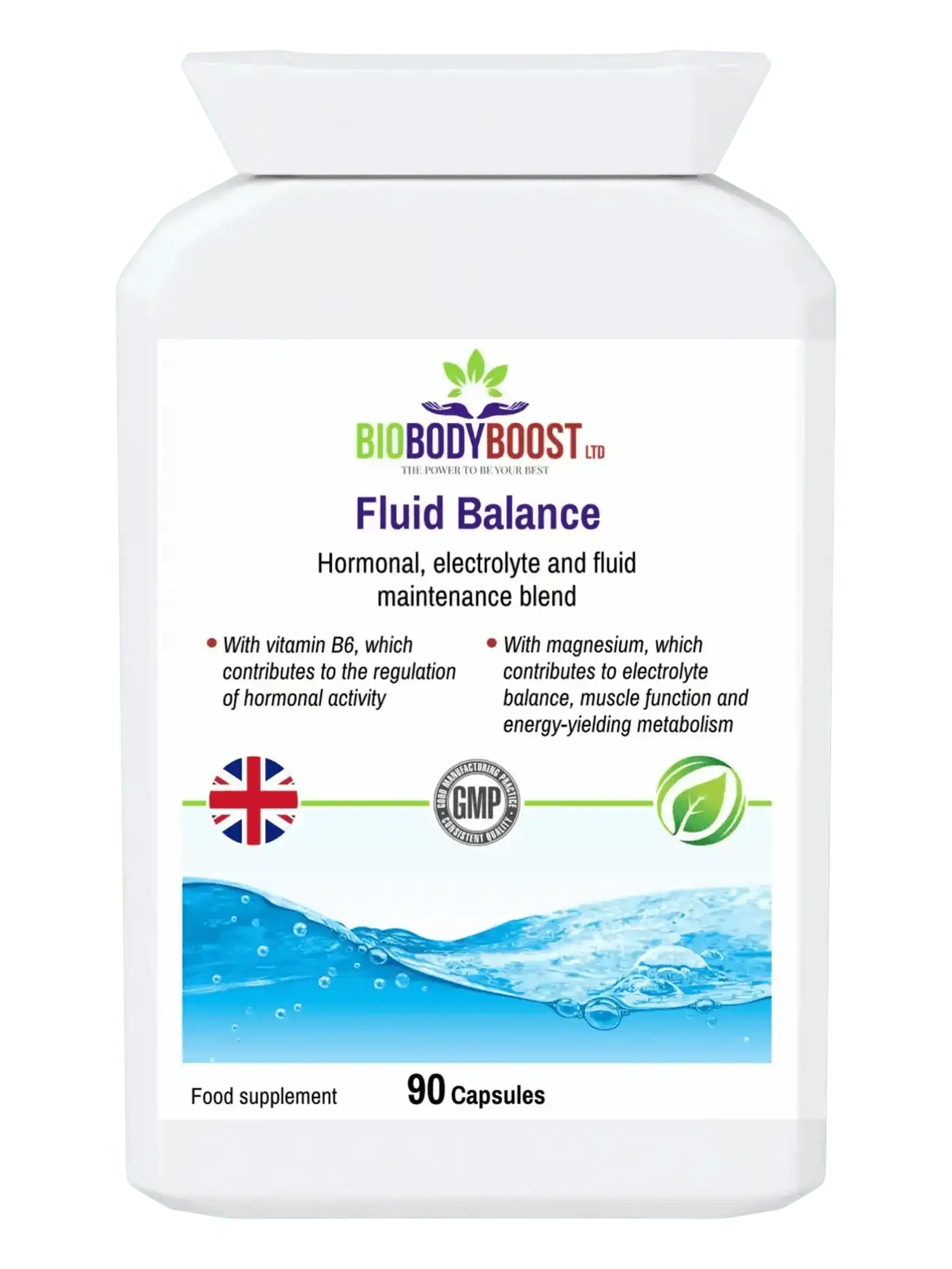In the realm of nutrition, few components are as essential to our wellness journey as protein. Whether you're an athlete striving for peak performance, an office worker looking to maintain energy levels, or anyone in between, understanding the role of protein in your diet is crucial. Let's delve deep into why protein holds such significance and explore practical ways to ensure you're getting enough of it.
Why Protein is Essential
Proteins are the building blocks of life. Every cell in the human body contains protein and they are fundamental to building and repairing tissues. Moreover, proteins form the structural framework for muscles, skin, and other bodily structures. They also play a crucial role in the formation of enzymes and hormones, which are vital for the regulation of bodily processes.
Benefits of Protein
- Muscle Health: Adequate protein intake is vital for muscle growth and repair. It helps in maintaining muscle mass and is integral during periods of physical training or recovery from exercise and injury.
- Satiety and Weight Management: Protein is known to increase satiety more than carbohydrates or fats, which can aid in weight management by reducing overall calorie intake.
- Supports Metabolism: Protein can enhance metabolic rate, partly due to the energy required to digest it, also known as the thermic effect of food.
- Immune Function: Proteins are involved in the production of antibodies, crucial for immune defense.
- Nutrient Transport: Certain proteins function as carriers for vitamins and minerals, facilitating their transport and absorption.
How Much Protein Do You Need?
The amount of protein needed varies based on factors such as age, sex, physical activity level, and overall health. For the average adult, the recommended dietary allowance (RDA) is approximately 0.75 grams per kilogram of body weight, according to UK health guidelines. However, for those engaging in regular intense exercise or resistance training, this amount may need to increase to support muscle repair and growth.
Sources of Protein
Here are some common sources of protein you can incorporate into your diet:
Animal-Based Protein
- Lean Meats: Chicken, turkey, and lean cuts of beef are excellent sources.
- Fish and Seafood: Rich in protein and essential omega-3 fatty acids.
- Dairy: Milk, yogurt, and cheese provide high-quality protein along with calcium.
Plant-Based Protein
- Legumes: Lentils, chickpeas, and beans are protein-rich and high in fibre.
- Nuts and Seeds: Almonds, walnuts, chia seeds, and flaxseeds are good protein sources that also boast healthy fats.
- Tofu and Tempeh: Ideal for vegetarians and vegans, these soy products are versatile ingredients in many dishes.
Supplements
For those seeking convenience or looking to meet specific dietary needs, protein supplements can be an effective option. One such supplement is the Shake Me Up Vegan Chocolate Meal Shake for Wellness, offering a delicious and easy way to boost protein intake, especially if you're following a plant-based diet.
Getting Enough Protein: Practical Tips
Plan Your Meals
Make protein a cornerstone of your meals to ensure you're getting enough throughout the day. Aim to include a source of protein in each meal and snack, distributed evenly to maximise absorption and utilisation.
Try New Recipes
Creating a variety of protein-rich dishes can keep your diet interesting and satisfying. Explore different types of cuisine that naturally embrace high-protein ingredients such as Mediterranean, Middle Eastern, and Asian dishes.
Consider Supplements
If whole foods alone don't meet your protein needs or fit conveniently into your lifestyle, consider incorporating a protein shake. The Shake Me Up Vegan Chocolate Meal Shake for Wellness offers a balanced option with added nutrients to support wellness.
Listen to Your Body
Pay attention to how your body responds to different protein sources and amounts. Everyone is unique, and what works for one person might not be ideal for another.
Conclusion
Ensuring you consume enough protein is a foundational aspect of a healthy diet and overall wellness. It supports various bodily functions, aids in achieving fitness goals, and provides the energy required to tackle daily tasks. Whether through natural food sources or supplements, making protein a dietary priority can bring numerous health benefits.
For more wellness insights and to explore our range of products, visit Bio Body Boost. Remember that it's best to tailor your nutrient intake to your individual needs, and consulting a nutritionist or healthcare provider can offer personalised guidance on your dietary journey.








0 comments